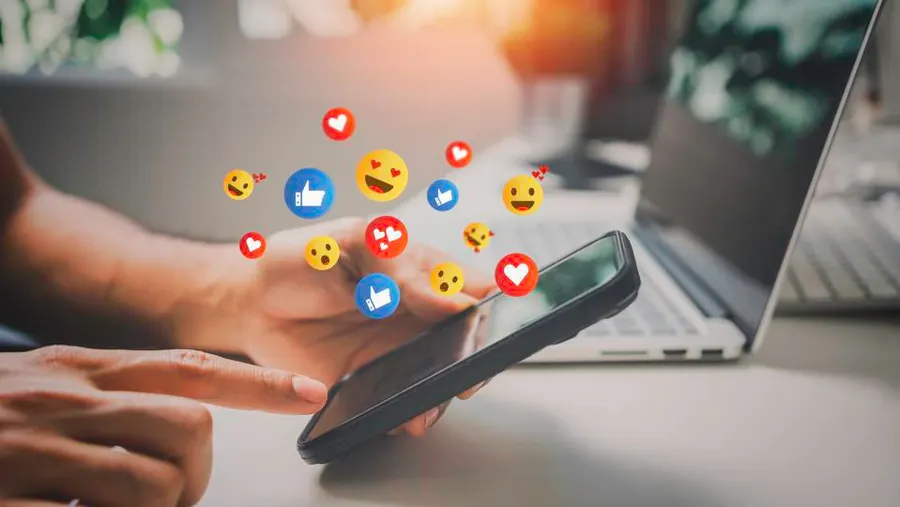Social media, the ubiquitous presence in our digital age, has transformed the way we connect, communicate, and share information. While these platforms offer unprecedented opportunities for interaction, they also come with a set of negative impacts that can affect users’ mental health and well-being. In this article, we delve into ten detrimental effects of social media, shedding light on the darker side of our virtual interconnectedness.
Advertisement
Advertisement

- Cyberbullying: Social media provides a virtual stage for cyberbullying, where individuals can face harassment, threats, or humiliation online. The anonymity afforded by the digital realm can amplify the harmful impact of such behavior, affecting victims emotionally and psychologically.
- Spread of Misinformation: The rapid dissemination of information on social media can lead to the spread of misinformation, contributing to confusion and public misconceptions. False narratives and fake news have the potential to shape opinions, impacting social, political, and cultural discourse.
- Addiction: The addictive nature of social media platforms, designed to keep users engaged, can lead to excessive and compulsive usage. This addiction can interfere with daily life, productivity, and real-world relationships.
- Decline in Face-to-Face Communication: As online interactions become more prevalent, face-to-face communication skills may suffer. The ease of sending messages digitally can reduce the need for direct, in-person conversations, impacting the quality of interpersonal relationships.
- Self-Esteem Issues: Comparisons with others’ curated lives on social media can lead to self-esteem issues. The constant exposure to seemingly perfect lifestyles may contribute to feelings of inadequacy and a distorted sense of self-worth.
- Social Isolation: Ironically, while social media connects individuals globally, excessive use can lead to social isolation. Spending more time in the digital realm may result in reduced real-world social interactions and a sense of loneliness.
- Polarization and Echo Chambers: Social media algorithms often present content that aligns with users’ existing beliefs, creating echo chambers where individuals are exposed to a limited range of perspectives. This contributes to polarization and can hinder open-minded dialogue.
- Cyber Stalking and Harassment: The interconnected nature of social media can make users susceptible to cyberstalking and harassment. Unwanted attention, intrusive messages, and online stalking can have serious implications for individuals’ mental health and safety.
- Decrease in Privacy: Sharing personal information on social media can compromise privacy. Users may unknowingly expose themselves to identity theft, data breaches, or unwarranted surveillance, impacting both their online and offline lives.
- Comparison and Envy: The constant exposure to others’ achievements, experiences, and possessions can foster comparison and envy. This phenomenon, known as the “Fear of Missing Out” (FOMO), can contribute to dissatisfaction with one’s own life.
While social media offers unparalleled opportunities for connection and self-expression, it is crucial to be aware of its potential negative impacts. Understanding these effects allows users to approach social media with a mindful perspective, promoting a healthier and more balanced relationship with the digital world. As we navigate the complexities of online interactions, acknowledging the dark side of social media is a crucial step toward fostering a more positive and responsible digital culture.


Leave a Reply